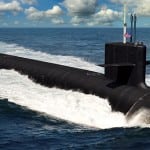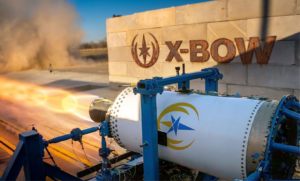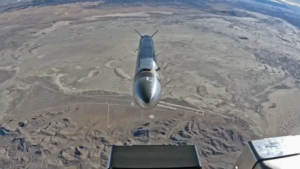
Air Force Gen. John Hyten, commander of U.S. Strategic Command and effectively customer-in-chief for the nuclear weapons maintained by the National Nuclear Security Administration (NNSA), is scheduled on Thursday to tour the Savannah River Site in South Carolina.Hyten was set to tour the site’s tritium facilities, which process a crucial hydrogen isotope that magnifies the explosive power of thermonuclear weapons, and the Mixed Oxide Fuel Fabrication Facility (MFFF): an unfinished plutonium disposal plant the NNSA wants to turn into a…

 By
By 









